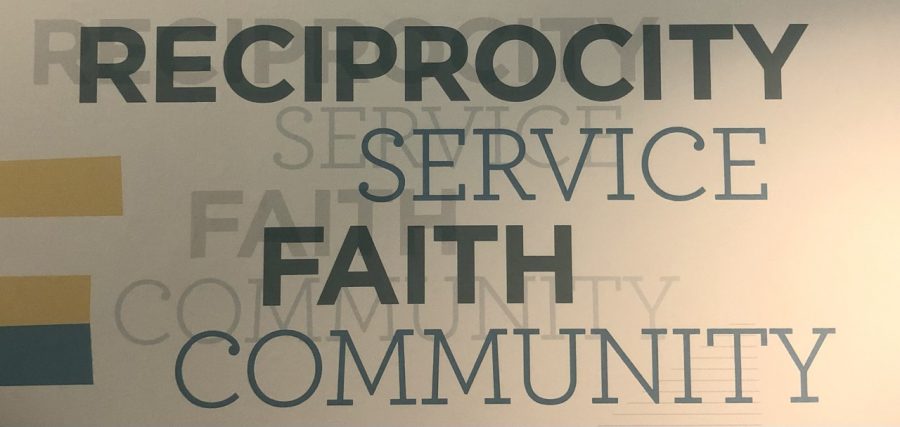Internships are valuable for so many reasons: networking, learning how to dress appropriately, gaining real world experience and maybe most importantly deciding if that is the field for you. As beneficial as it is to intern in your field of interest, it is just as beneficial to intern in a neighboring field, or even an entirely different field. Don’t disregard an internship simply because it seems unrelated to your major.
This summer I interned with the American Bankers Association in Washington, D.C. As a rising Junior, earning my Bachelor of Arts in Economics, I assumed an internship with a trade association for bankers could be interesting. I like banking, I’m good with numbers. However, they asked me to intern with the Communications and Membership departments. As soon as I accepted the internship I realized I must be crazy, what experience did I have in either of those fields? Nervous, but determined to prove I was a quick learner, I set off to spend the summer in an unfamiliar city.
I learned so much from this internship, but not at all what I expected to learn. I realized I don’t really like banking and I’m beginning to wonder how much I like Finance and monetary policy. For me, it seems like after a while the dollar signs all blend together and it’s the same conversations and arguments. While this was disconcerting at first, I learned that I really enjoy working in Membership. I love talking with the bankers about their communities and their banks. I like going to the conferences and conventions, mingling and shaking hand. I like answering questions and providing the necessary resources to improve a bank. I thrive off of these interactions and conversations. The unique thing about Member Relations is that you aren’t trying to sell anything. The members have already paid their dues and now you are just trying to keep them satisfied and improve their experience. There is no sales quota, instead you are trying to figure out how you can best serve your members.
Even working in the Membership and Communications departments I was surprised how often I made use of my other skills. I spent several weeks doing budget work and using Excel techniques like VLOOKUP– which I learned in my Business Statistics class. I practiced writing succinctly for a specific audience by writing press releases. Having a wide variety of skills will always benefit you; it’s not as though the classes you take in college only prepare you for one career. It’s your responsibility to discover all the ways you can apply the knowledge gained in the classroom in any industry.
The ABA wears many proverbial hats. I was fortunate enough to meet employees in the different departments as well as employees of the different subsidiaries. One thing I found is that very few of them thought working in the Banking Industry was even a possibility when they graduated. There are lawyers, graphic designers, accountants, speechwriters, photographers, economists, technology experts and sales representatives. One woman I worked with has her undergraduate degree in Exercise Physiology. She works in the corporation branch of the ABA. It’s her job to make money for the Association by networking with tech companies that provide services to banks. She has been with the ABA for over ten years and in a management position of most of that time.
Another of my coworkers has been with the ABA for three years, since she graduated college with a degree in Public Relations. She told me that she has very little interest in banking but she loves doing PR work. In college she interned with the American Chemists Society, having little experience or interest in chemistry. But again, she was writing press releases and working with reporters, which she found very interesting. Three and a half years later she is very happy with her position with ABA and just received a promotion.
These stories, among many others, helped me realize how narrow-minded I had originally been with my areas of interest. Just because you’re interested in theater doesn’t mean you need to be on a stage, you can teach it, you can review it, you can write about it. You can hate computer science and engineering, but that should not stop you from working as an accountant for IBM. You can detest sports and still work in the marketing department for the New York Giants. The company you work for doesn’t always matter, as long as you like your coworkers and enjoy the work you’re doing. What you think you like now is bound to change.
Therefore, I think the most important thing I learned from my internship is that you should welcome all career opportunities that come your way. Explore the endless opportunities that the job market has to offer. You don’t just shop at one store and you don’t try on just one shirt before making your purchase and leaving the store—so why would you settle with the first obvious job?

















































































































